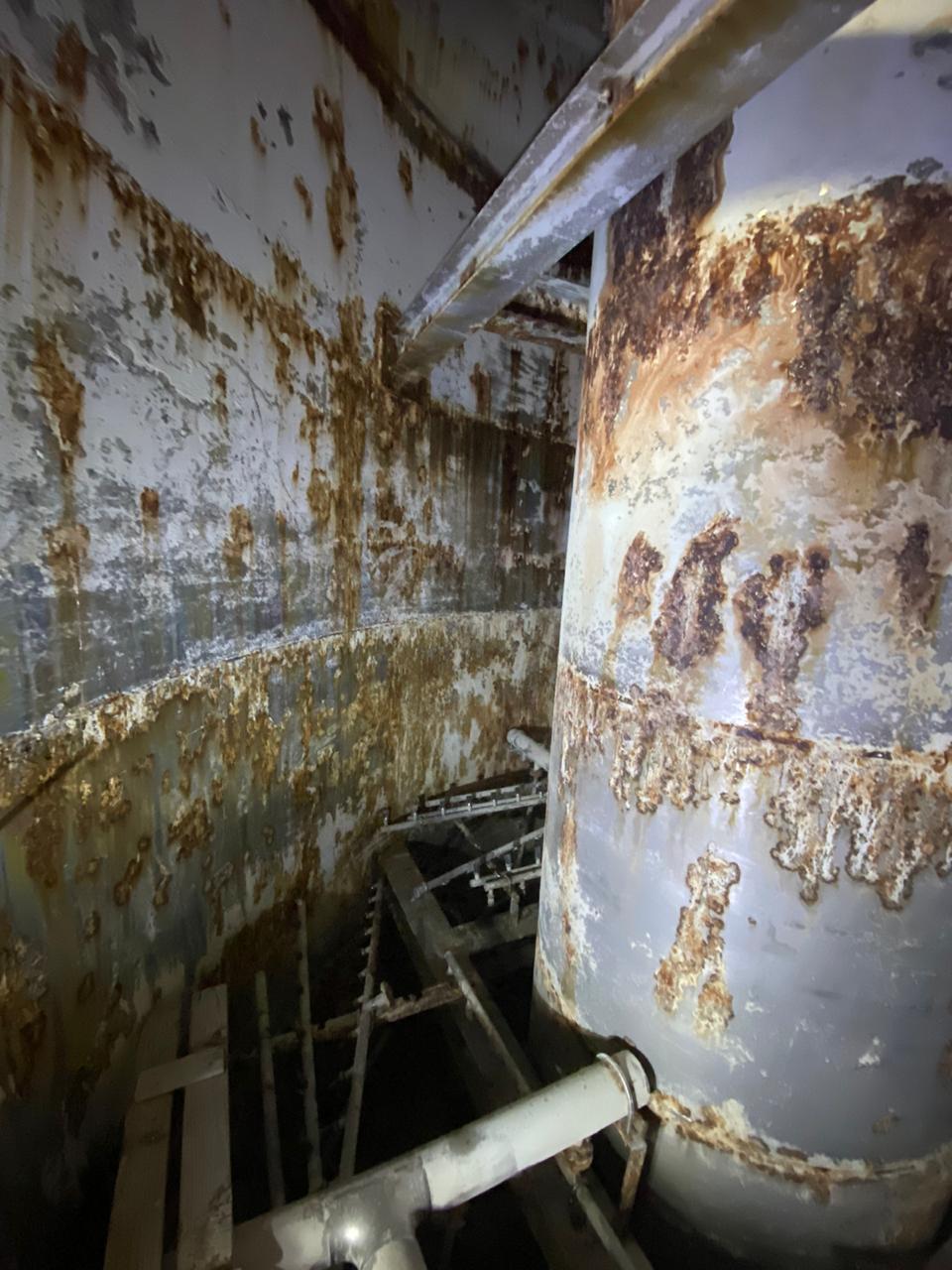FITNESS FOR SERVICE AND REMAINING LIFE ASSESSMENT
-
Structural Deterioration Causes:
- Corrosion, incidental damage, heavy usage, and operating beyond design parameters.
- Uncertain degradation mechanisms increase the risk of unforeseen failures.
-
Damage Assessment Process:
- Identify damage mechanisms and their progression over time.
- Conduct multidisciplinary evaluations to determine suitability for continued use (API 579-1 FFS standard).
- Analysis includes stress analysis, finite element analysis (FEA), and other calculations.
-
API 579 Fitness-for-Service (FFS) Process:
- Evaluate degradation due to wear, corrosion, hydrogen damage, fatigue, and high-temperature hydrogen attack (HTHA).
- Use cutting-edge finite element modeling and metallurgical laboratory services for precise assessments.
-
Steps in FFS Assessment:
- Damage Process Evaluation: Analyze and document degradation mechanisms.
- Data Collection: Conduct interviews, surveys, and field inspections.
- Level Assessments: Perform Level 1, 2, or 3 FFS assessments based on damage severity.
- Remaining Life Analysis: Provide recommendations on repair, continued operation, or replacement.
-
Importance of FFS Testing:
- Ensures safe operations for extended periods in dynamic conditions.
- Integrates metallurgical and mechanical testing to forecast component life.
- Assists in planning maintenance and selecting appropriate maintenance or replacement strategies.
-
Advanced Techniques:
- Employs state-of-the-art modeling, testing, and software tools for accurate life prediction and optimal maintenance planning.
Fitness-for-Service testing is commonly applied to:
- High-energy Piping
- Pressure Vessels
- Storage Tanks
- Steam Turbine Blades, Nozzles, and Components
- Fired Heaters
- Pipelines
- Headers
- Reformers
- HTHA and other Hydrogen Damage Mechanisms
- Coke Drums
- Flare Drums
- Process Piping
In addition to API 579, we can provide you with many related inspection services including:
- API 510 Pressure Vessel Inspection
- API 570 Piping Inspection
- API 580 Risk Based Inspection
- API 653 Above Ground Storage Tank
- API 936 Refractory Inspection

